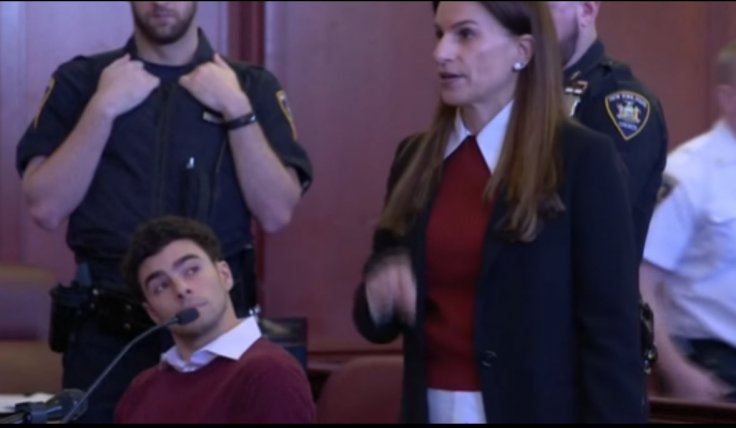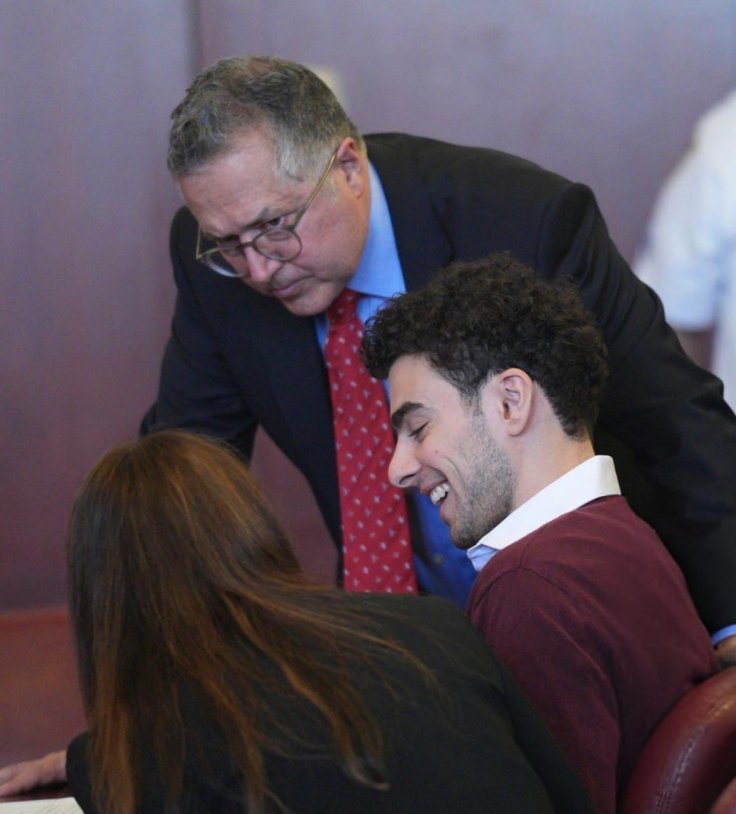Luigi Mangione, accused of killing UnitedHealthcare CEO Brian Thompson, appeared in a Manhattan court on Monday, December 23. He pleaded not guilty to eleven charges, including first-degree murder as an act of terrorism. The stakes are high for Mangione, as a conviction could result in life imprisonment without parole. Alongside state charges, he faces federal accusations of murder and stalking, which carry the possibility of the death penalty. His lawyer, Karen Friedman Agnifilo, did not hold back, sharply criticizing the treatment of her client and the highly publicized nature of the case.

In court, Agnifilo described the proceedings as deeply flawed, emphasizing her concerns about Mangione's right to a fair trial. She stated that her client's presumption of innocence has been ignored, accusing authorities of treating him as a pawn in a political battle. "He's a young man, yet he's being treated like a human ping-pong ball between warring jurisdictions. There's a wealth of case law guaranteeing his right to a fair trial, but none of the necessary safeguards have been implemented," Agnifilo argued.

Her frustration was particularly directed at the highly staged perp walk when Mangione was extradited from Pennsylvania to New York. She called it "the biggest staged perp walk I've ever seen in my career." Agnifilo emphasized that Mangione had cooperated fully with law enforcement, waived extradition, and remained in custody for over a week. Despite this, the NYPD paraded him before the media, accompanied by officers wielding assault rifles. She labeled the event unnecessary and theatrical, questioning its true purpose.

Mayor Eric Adams' involvement also drew Agnifilo's ire. She criticized his public remarks during a press conference on the case, noting that he referred to Mangione as a murderer without using the word "alleged." "What was the mayor doing at that press conference? He should know better than anyone about the presumption of innocence, yet he disregarded it completely," she said. Agnifilo accused Adams of using the case to distract from his own political challenges, turning Mangione into "political fodder."
Outside the courthouse, a small but vocal group of spectators gathered. Among them were protesters highlighting issues with the American healthcare system. Some carried signs with messages like "United States Healthcare Stole My Livelihood" and "Murder for Profit is Terrorism." Others referenced the bullets used in the murder of Brian Thompson, with slogans such as "Deny, Defend, Depose." The signs underscored public frustrations with the healthcare industry, a potential motive in the case that has fueled significant public interest.
Mangione's legal troubles extend beyond state charges. He also faces federal charges of murder and stalking, both of which could result in the death penalty. During the hearing, Agnifilo demanded immediate access to evidence from federal and state authorities, including documents from the FBI and NYPD. She argued that the overlapping prosecutions have conflicting theories and are coordinated in a way that undermines her client's defense. "These prosecutors are working together, but it's my client who suffers. His rights are being trampled in the process," she said.
The courtroom drama is just one element of this high-profile case. Mangione's state trial is expected to proceed first, with the federal case likely to follow. Legal analysts predict a long and contentious legal battle, given the severity of the charges and the intense media scrutiny surrounding the case.
Mangione's trial has sparked broader discussions about the justice system and the healthcare industry in the United States. Critics argue that the spectacle surrounding his case reflects systemic issues, including the politicization of high-profile cases and inequities in healthcare access.
As the legal process unfolds, the trial will likely continue to captivate public attention, raising questions about fairness, motives, and the broader implications for American society. With the stakes as high as life imprisonment or the death penalty, Luigi Mangione's case could become one of the most closely watched trials in recent history.








